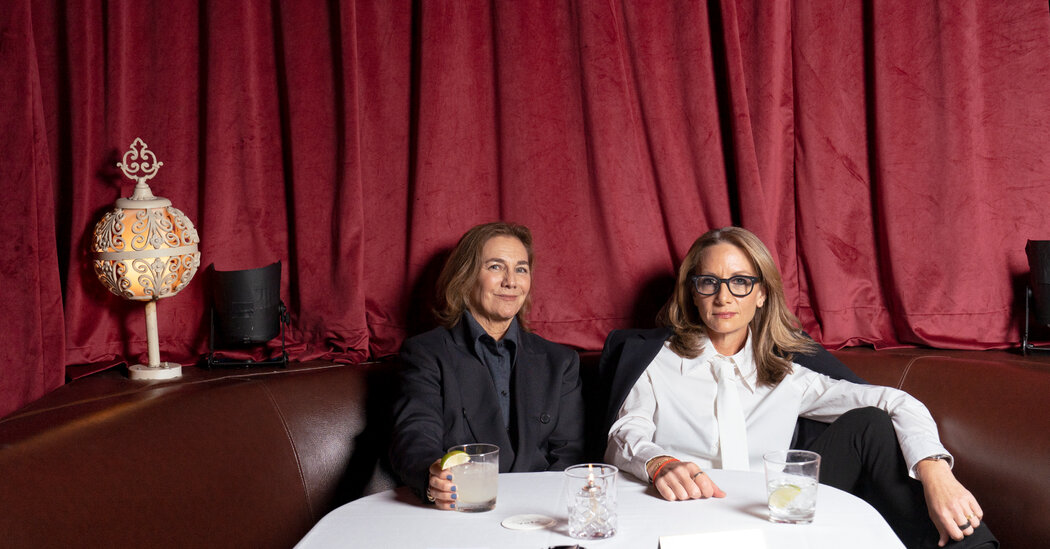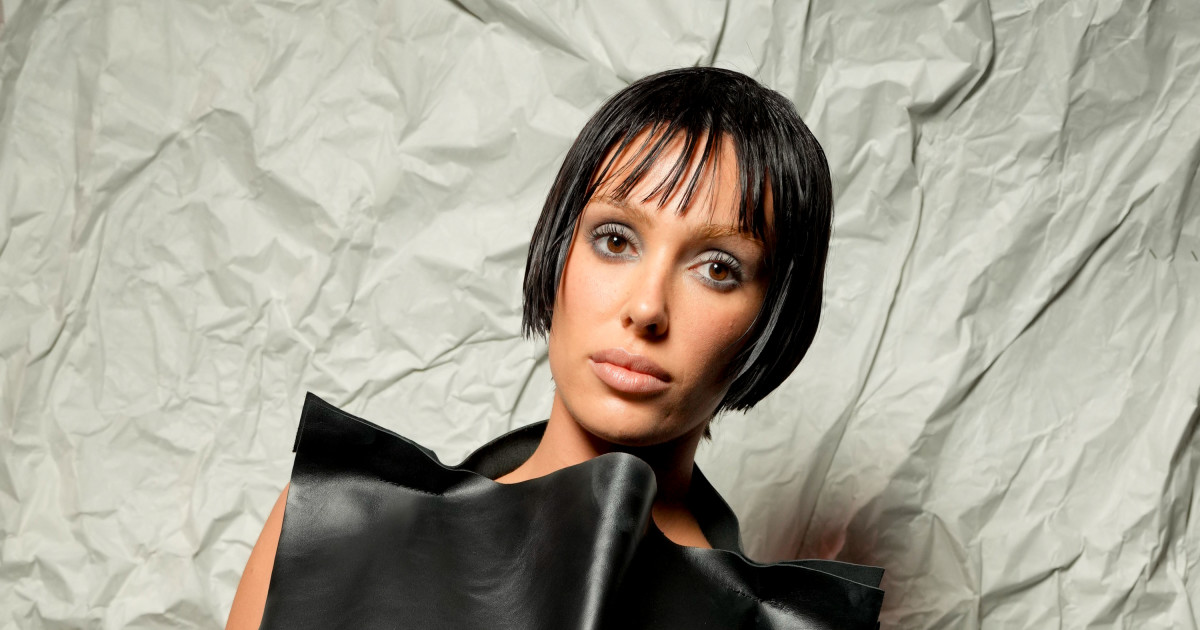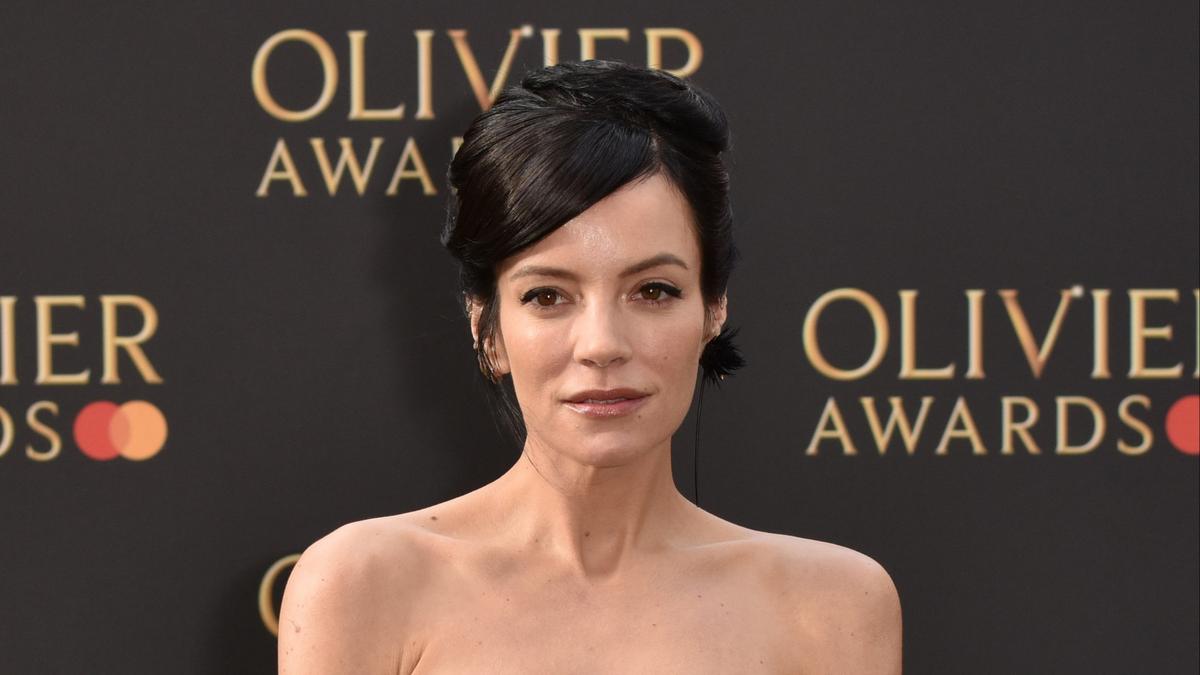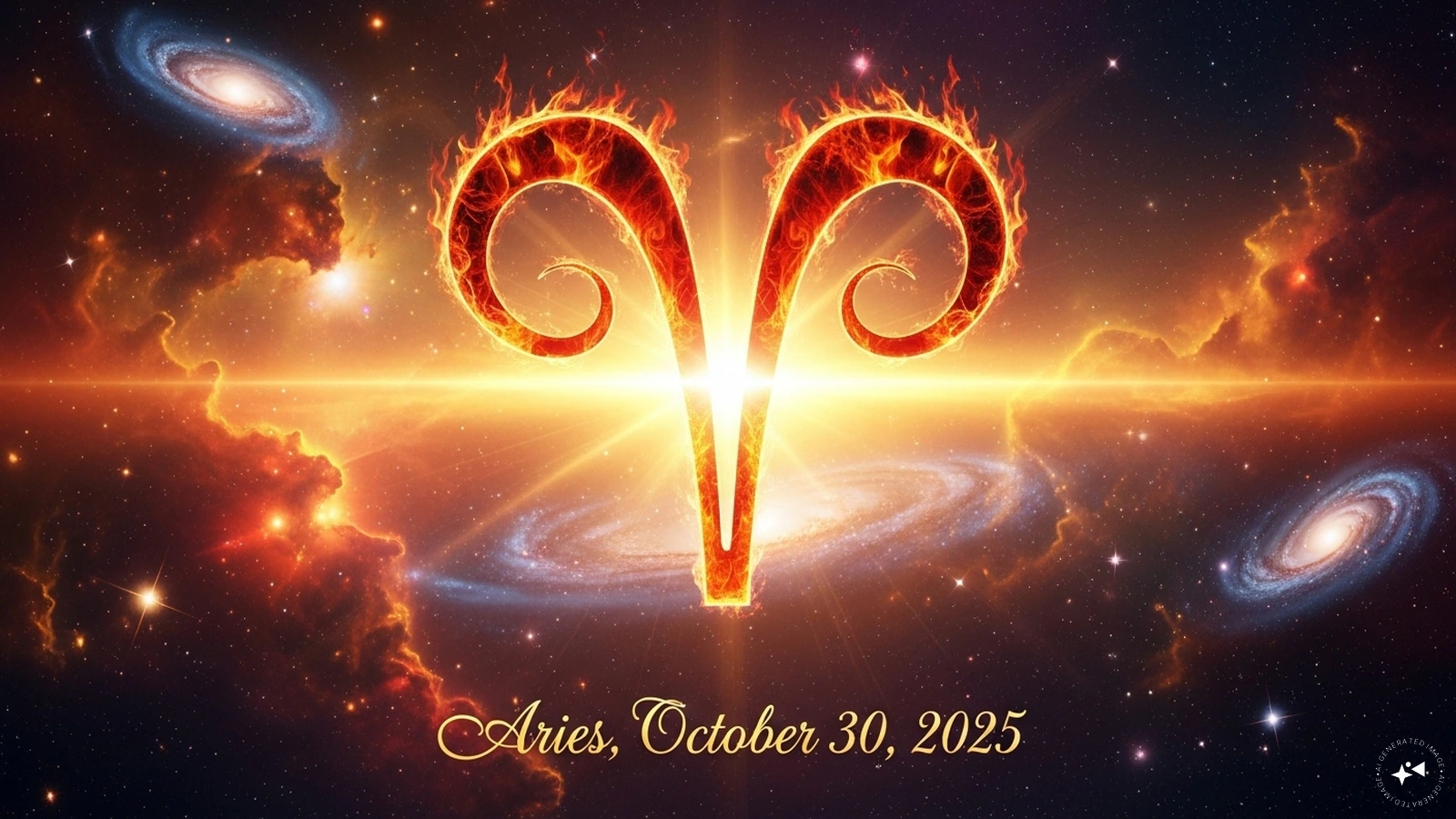Copyright The New York Times

Almost 20 years ago, the television creator Ilene Chaiken took an unusual pitch to her bosses at Showtime. Just like a fictional character on her series, “The L Word,” she wanted to create a social network: “a lesbian Myspace.” The real Myspace had recently been acquired by Rupert Murdoch’s News Corporation for more than half a billion dollars. “Today, I would know how to do all of that myself,” said Ms. Chaiken, who has by now learned not to rely on television networks’ capacity for innovation. In December, she co-founded a media company, Run-A-Muck, that aims to build digital worlds around movies and television shows — much like her old Myspace concept. Ideally, every project in development will have a tandem nontraditional media sibling (or two or three): a podcast, newsletter, live show or social video series. Some big networks already release their own companion podcasts alongside television shows, like HBO’s “The White Lotus Official Podcast.” But Run-A-Muck wants to extend those efforts beyond watch-along podcasts, forming a suite of products that can potentially be wildly monetized. This pitch is more reminiscent of influencer brands than Hollywood executives. “Creators are the new Hollywood,” as YouTube’s chief executive, Neal Mohan, has said, echoing many other media prognosticators. Top personalities, they say, can reach more people through their TikTok accounts than studios can through the traditional box office or late-night television. Yet Hollywood can be slow to change, and the industry’s focus has largely remained the same: making and promoting movies and television. Still, as pressures mount in traditional entertainment, there are signs of change. Streamers are ramping up creator deals and adding new kinds of content to their slates. This month, Paramount bought the Substack newsletter The Free Press, and Netflix announced that video podcasts were coming to its platform. Pam Drucker Mann, who co-founded Run-A-Muck with Ms. Chaiken and the “L Word” actress Jennifer Beals, said the idea came to her while she was the global chief revenue officer at Condé Nast. She was complaining to a Hollywood superagent about his business, which she called “linear.” “What’s wrong with you guys?” she recalled saying. “There’s so much consumption happening everywhere else.” Until this month, Run-A-Muck looked from the outside much like a standard production company. It had more than 20 projects in development, including a television series that Kristen Stewart is producing and an adaptation of “Stag Dance,” a buzzy book by Torrey Peters that Ms. Drucker Mann described as “‘The Revenant’ meets ‘Fargo.’” But its broader goal is to stretch its intellectual property as far as it can reasonably go. For example, a project called “Consent” is being shopped to studios as a legal procedural with the production company New Regency, but it is also being developed as a stand-alone reality show and a true-crime podcast around the same concept: sex and crime. While these projects are still theoretical, Run-A-Muck produced its first public-facing product last week: a Substack called Drafting. The newsletter is edited by the former editor of Paper magazine, Justin Moran, and is meant to document the drafts and creative processes of the company’s collaborators and friends. It’s already profitable — not from subscriptions (there are only about 1,000) but from advertising deals with eBay and Moncler. In its first edition, the fashion designer Daniella Kallmeyer shared sketches and screenshots from her phone. She also hosted a sleek launch party for Drafting inside a dimly lit, mezcal-drenched jazz lounge in Los Angeles. Elaborate events are on the rise in new media. Ms. Cooper of “Call Her Daddy” recently hosted a Las Vegas bacchanalia under the banner of Unwell, her media company. The $300 weekend included a pool party with Paris Hilton, male stripper interludes and various “Real Housewives” on M.C. or D.J. duty. (Unwell also sells hydration drinks for, among other things, hangovers.) Amazon, which acquired the podcast network Wondery in 2020, hosted a fan tailgate party last month for “New Heights,” its video podcast, ahead of a National Football League game between the Kansas City Chiefs and Philadelphia Eagles. (The show’s hosts, the Kelce brothers, are current or former players for those teams.) “The definition of what a podcast is has changed pretty radically in the last three, five years,” said Eliza Mills, head of content and strategy at Run-A-Muck — and formerly of Wondery.



